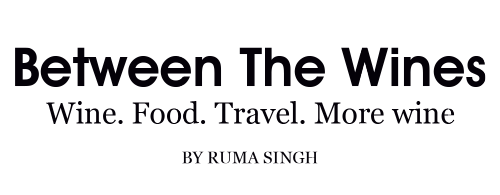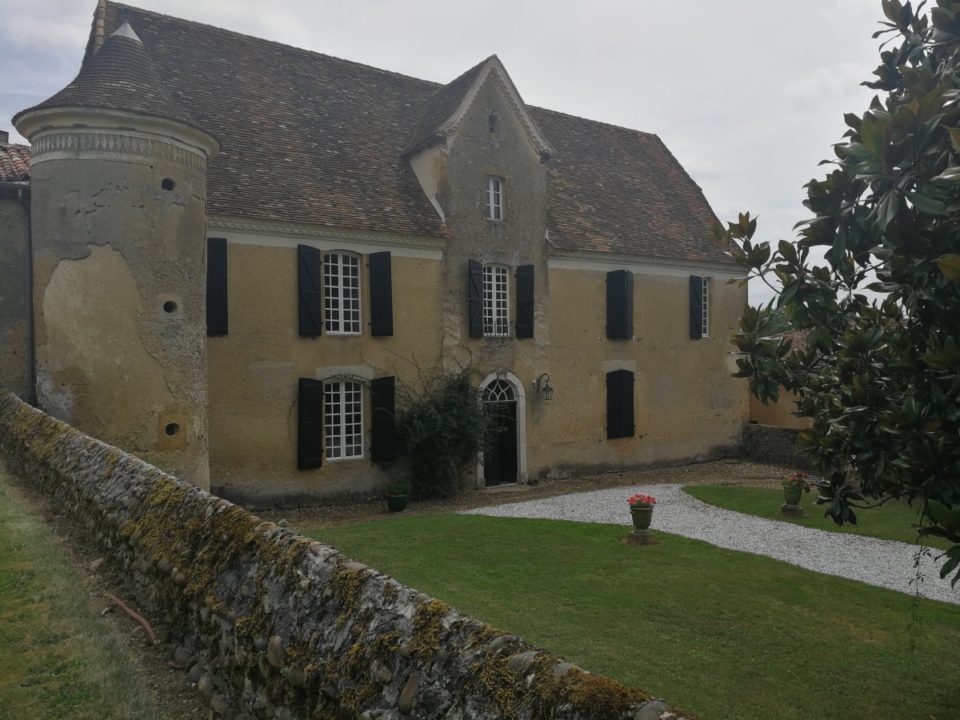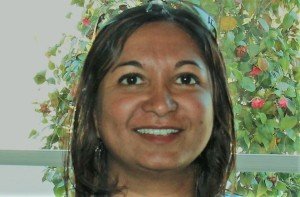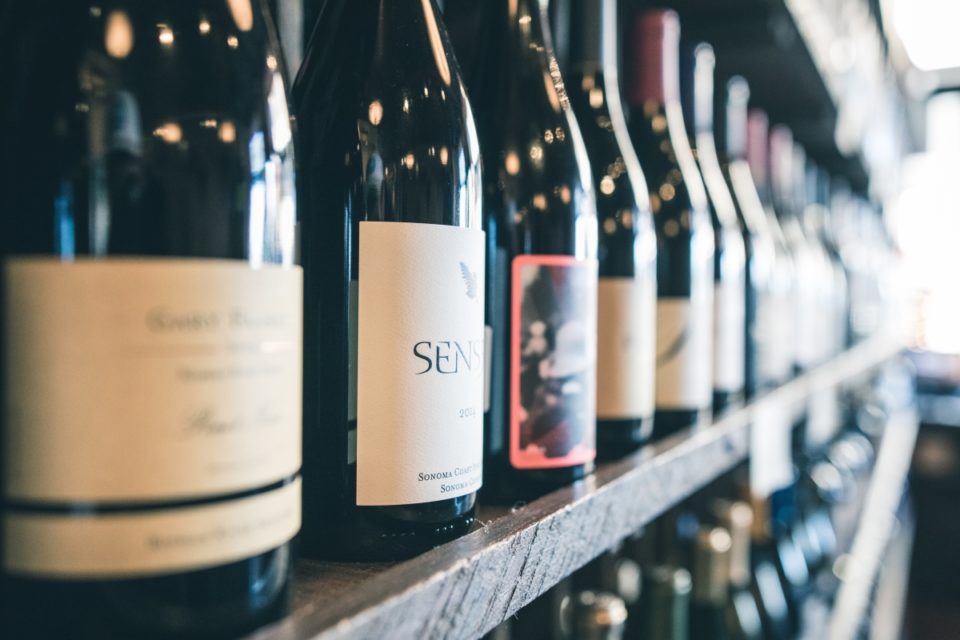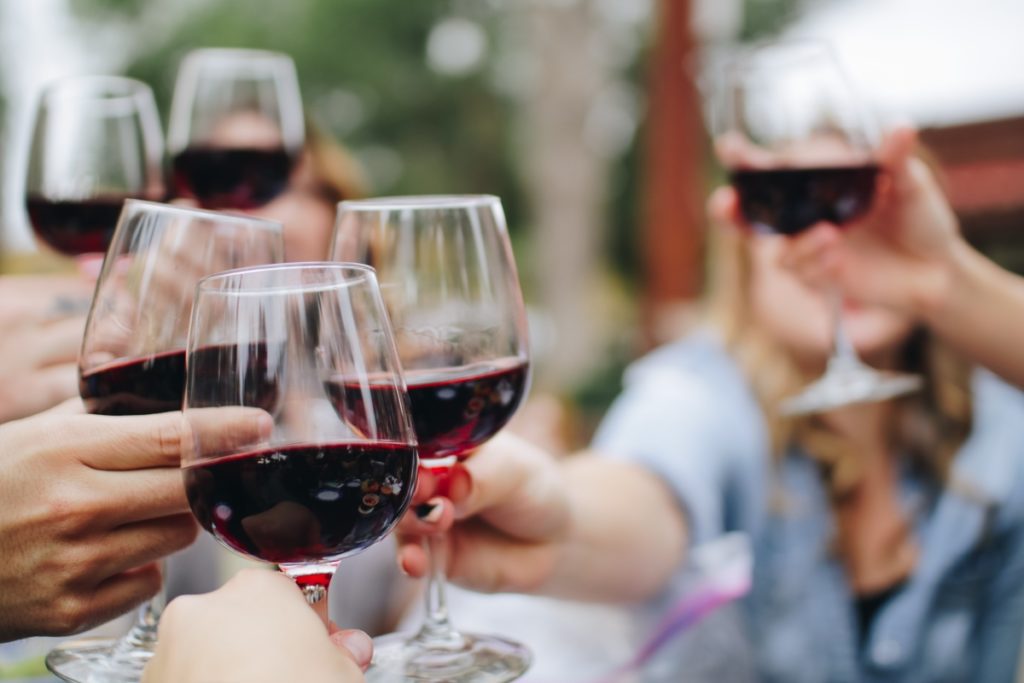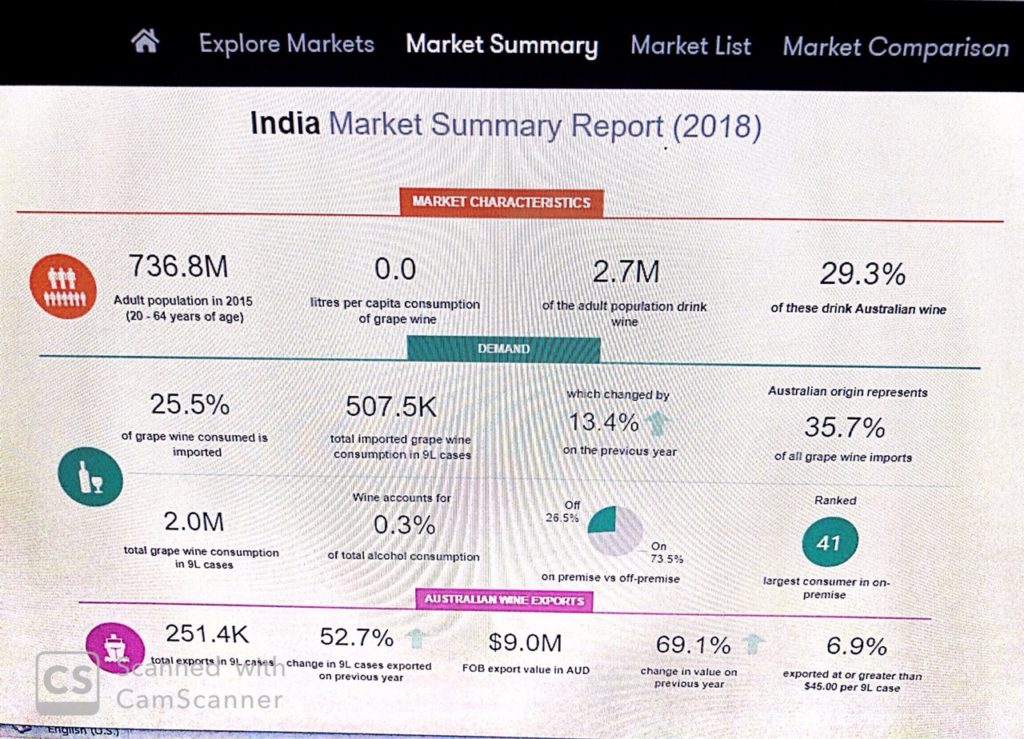‘We can transfer technology but not terroir’
BTW Bordeaux-based guest columnist Brinda Bourhis travels to Château Cabidos in the South-West of France and meets award-winning wine maker Méo Sakorn-Sériès from Thailand
This summer I met Peggy Alday. She is the owner, along with her husband, Robert, of Château Cabidos located in South-West France. We met in Saint Jean de Luz, seaside resort in the Basque country where the Aldays live. Peggy spoke to me about her estate, purchased in 2015. From the way she described the winery, I pictured a Tuscan scene with a 13th century stone-clad chateau dominating over several hectares of vines planted with Petit Manseng, the local grape variety.
She also spoke highly of her award-winning wine maker, Méo Sakorn-Sériès, who just happens to come from Thailand. I was thus very keen to see all of this for myself and to chat to the only female Thai winemaker in France, so I planned to visit the winery the next day.
On my way to Château Cabidos from Saint Jean de Luz, I drove past fields of wheat, corn and farmyards – there were no vines in sight. It was only as I neared the estate that all of a sudden I saw a majestic building perched on a hilltop surrounded by vines. As Peggy Alday had described it, there was a sense of Tuscany in the air. Back in my home in the Médoc, the land is rather flat, and the presence of the Gironde estuary is dominant whereas in the South-West and particularly in the case of Cabidos, the vines are inland, far from the ocean. With hardly any other wine estates in the vicinity, I was fully focused on Château Cabidos, encompassed by its cypress trees, beautiful gardens and undulating vines.
Excerpts from my interview with Méo Sakorn-Sériès, Thai winemaker at
Château Cabidos.
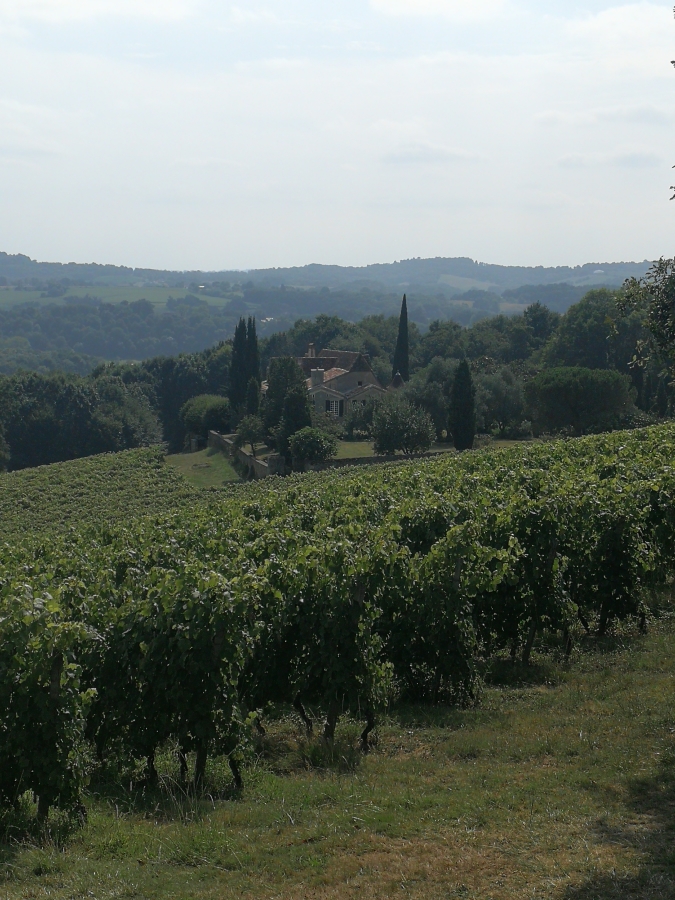
The vines at Chateau Cabidos.
Main pic: Chateau Cabidos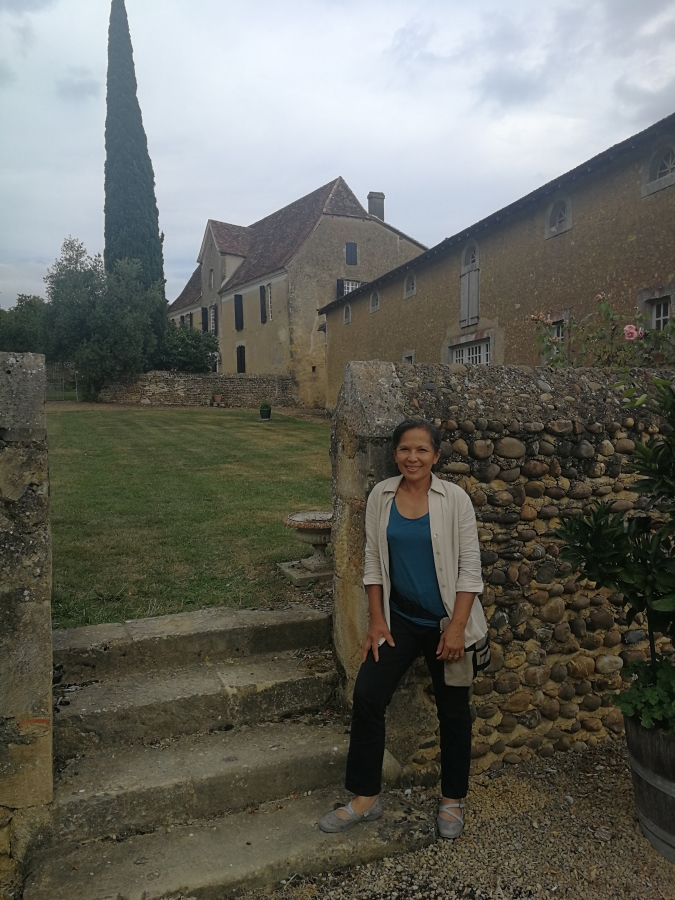
Thai winemaker Méo Sakorn-Sériès at Chateau Cabidos
When did you arrive in France?
In 1997. Before that, I met my (French) husband in Thailand where he was working for an association.
How did you get into wine?
Well, first of all, it was my father-in-law who introduced me to wine, and I remember the first bottle he gave me to taste – Chateau Haut-Brion! But it was when my husband and I moved to Bordeaux that I began studying wine at a school for adult training. Through these studies I did internships at several estates including Chateau Pape-Clément. I learnt how to prune and how to punch down the caps, which were both very physical tasks.
What experience of winemaking do you have in Asia?
After my studies, I was contacted by Red Bull who was in the process of planting a vineyard in Thailand (Siam Winery). They wanted to produce a ‘noble’ drink, contrary to the energy drinks associated to the brand. The company had a floating vineyard in central Thailand, but only produced table wine. They asked me to find a suitable spot to plant quality Syrah and Chenin Blanc. There was a field of pineapples 3 hours away from Bangkok that seemed appropriate, so the pineapples were pulled out and replaced by vines…
In my opinion, if you can sell locally, then winemaking in Asia is not a challenge. However, we can transfer technology but not terroir. This notion of terroir I find applies to France and the Old World… not necessarily to Thailand.
When did you begin working at Château Cabidos?
In 2007, a friend of mine was working at Cabidos and she asked me to come and help during pruning. Immediately after, I was not only asked to stay but I was offered the position of technical manager at the estate.
What wines do you produce at Cabidos?
We have 9 hectares, mainly planted with Petit Manseng which we use to produce both a dry and a sweet white wine. We have a little Syrah, Chardonnay and Sauvignon Blanc. The wines come under the appellation IGP Comté Tolosan. The Petit Manseng is ideal for ‘passerillage’ and in the area of Cabidos, the sunny autumns enable the grapes to dry naturally on the vines and develop a high concentration of sugar. I vinify in small vats (the smallest being 10 hectolitres) and have a cold room to store the vats to ensure the temperature is controlled.
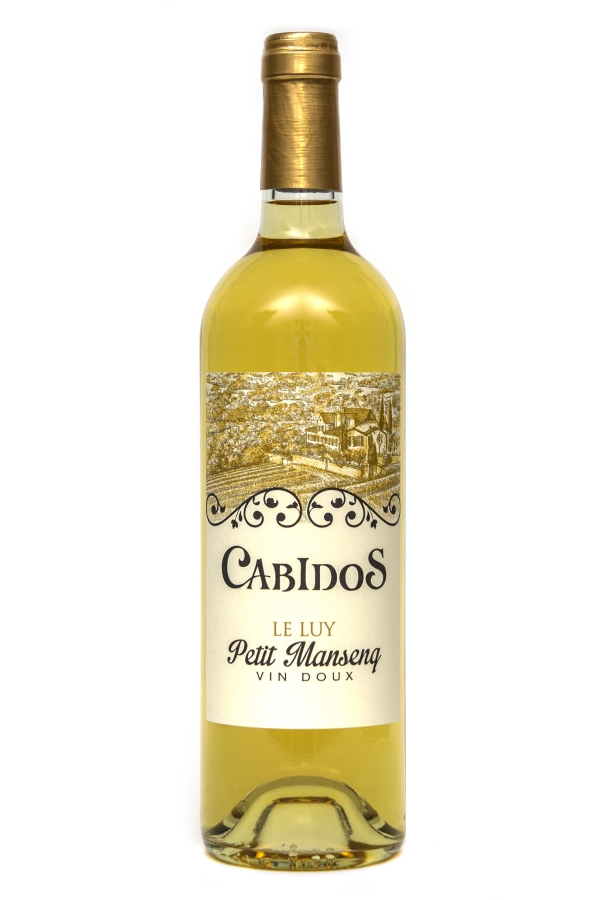
Le Luy Doux 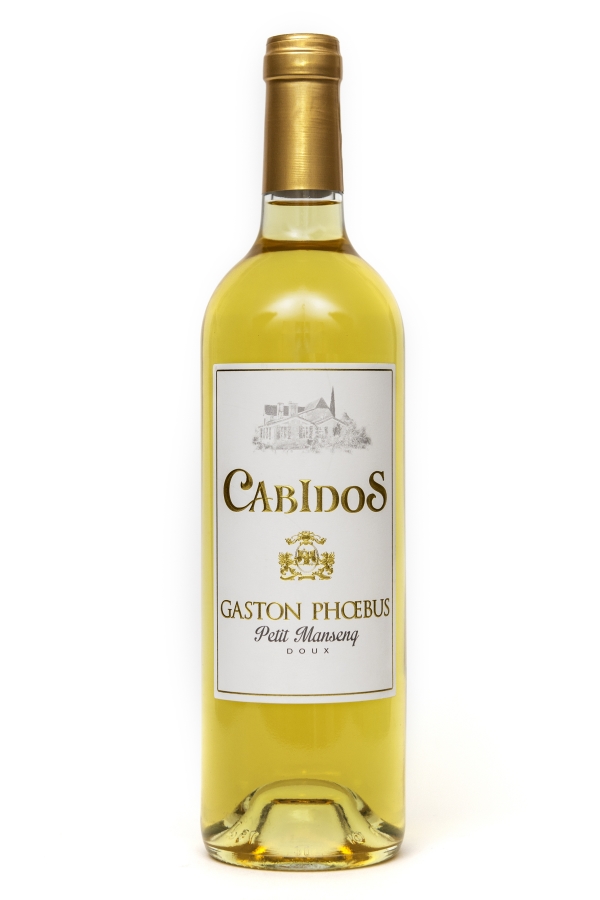
Gaston Phoebus Doux
What plans do you have at Cabidos for the future?
We are in the first year of conversion to organic viticulture. Our vines are in the heart of a rich natural environment, and for years we have endeavoured to preserve the biodiversity.
We are also looking into planting forgotten grape varieties such as Castets that has just recently received approval for planting in Bordeaux. At Cabidos, we are lucky to have the expert advice from a British Master of Wine, Minette Constant who has lived in the area for many years. Minette is doing research on such varieties as well as resistant grapes that could be suitable for our organic production.
In terms of the market, we have less demand for sweet wines
– a global issue – so we will aim to produce more dry whites.
You have worked in France for over 20 years now. What is it like being an Asian woman in the French wine industry?
France is steeped in tradition but I have not found it difficult or a challenge being an Asian and a woman working in wine. It seems that my work has been recognised as I was awarded in 2017 the ‘Chevalier de l’Ordre National du Mérite’ by the French Government!
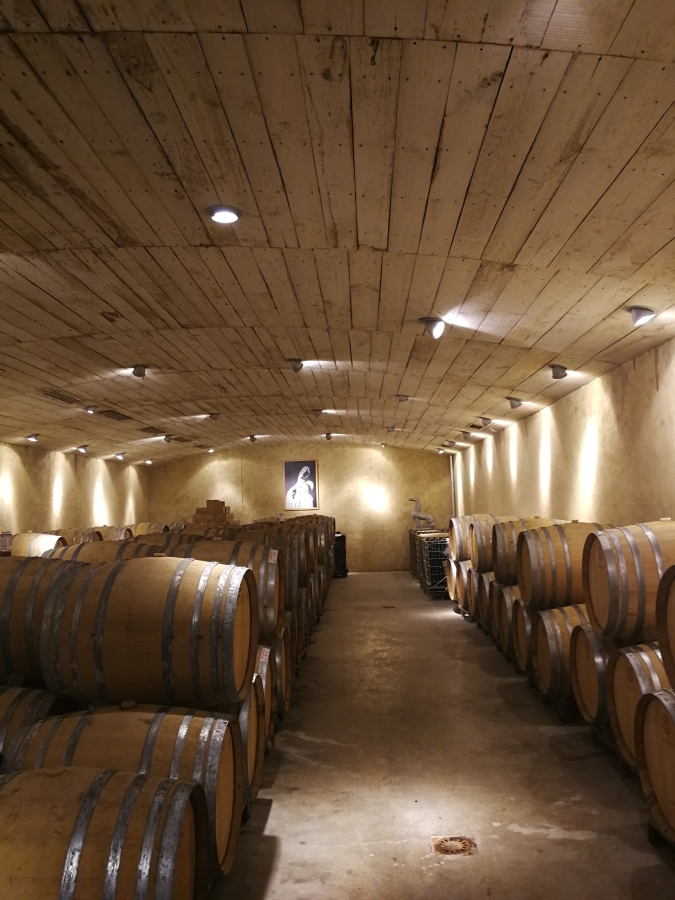
The chai at Chateau Cobidus
- Wines from Chateau Cabidos:
- Le Pic dry white: 50% Sauvignon, 40% Chardonnay, 10% Petit Manseng
- Gaston Phoebus Petit Manseng dry white
- Le Luy sweet white (75g residual sugar)
- Saint Clément sweet white (110g residual sugar)
- Gaston Phoebus sweet white (140g residual sugar)
- L’Or de Cabidos sweet white (150g residual sugar)
Markets: 40% export (UK, USA, Japan, Dubai, Canada etc), mainly to high-end and Michelin star restaurants
60% domestic, including cellar door sales.
A new importer in India should be listing wines by end of the year for Le Luy Doux and Gaston Phoebus Doux: TRIADSS FOODS AND BEVERAGES PRIVATE LIMITED. (Chennai)
Website: www.chateau-de-cabidos.com
About Brinda Bourhis
After five years working for a major Bordeaux wine merchant, British-born Brinda Bourhis has a solid knowledge and experience of the wines of the one of the finest regions in the world: Bordeaux.
She owns Winevox, a company that provides quality wine education including the WSET course, wine marketing and translations for the French wine industry.
Winevox also runs an on-going ambassador programme in the US for the Crus Bourgeois du Medoc, organising masterclasses at top universities such as Stanford, Columbia, Yale, and staff-training for wine retail stores as well as tastings for private wine clubs and associations.
